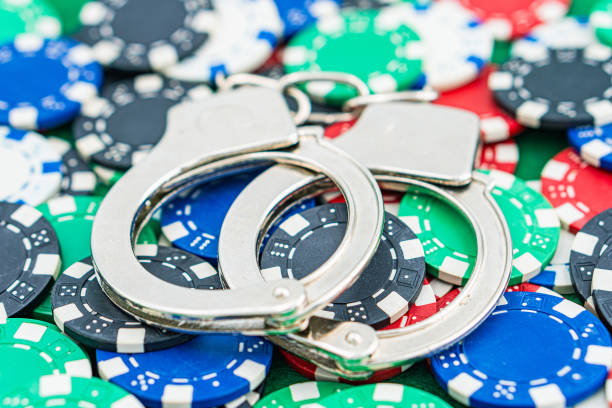Facing criminal charges can be one of the most stressful moments in someone’s life. When everything feels uncertain, having the right legal help can make all the difference. This guide will help you understand what a criminal lawyer does and how to go about choosing the right criminal lawyer for your case.
A criminal lawyer specialises in defending individuals charged with criminal conduct. Their primary responsibility is to ensure that their clients receive a fair trial while safeguarding their legal rights throughout the proceedings. These legal experts deal with a broad spectrum of cases, from minor infractions to serious charges.
Criminal lawyers handle various cases, including theft, assault, drug offences, and even more complex charges like white-collar crimes and homicide. They are well-versed in the legal processes involved in criminal cases, which typically include investigation, pre-trial hearings, potential plea negotiations, and, if necessary, trial. A key aim for defence lawyers is to protect client rights, ultimately seeking the most favourable outcomes—be it a reduced sentence, dropped charges, or an acquittal.
Choosing the right legal representation involves understanding what makes a criminal lawyer effective. Firstly, legal expertise is paramount. A competent criminal lawyer must be well-versed in the nuances of criminal law, keeping abreast of any changes that may affect a case. This knowledge ensures they can provide sound legal advice and strategies tailored to each client's unique circumstances.
Strong communication and negotiation skills are also crucial. Lawyers must convey complex legal concepts in a manner their clients can understand while effectively negotiating with prosecutors for plea bargains or reduced charges. Moreover, analytical and strategic thinking abilities enable lawyers to dissect cases, identify critical evidence, and formulate robust defence plans.
Ethical responsibility is a cornerstone of legal practice. Lawyers are bound by client confidentiality and must act in the client's best interest—ensuring trust and maintaining a professional reputation.
Engaging a criminal lawyer typically begins with an initial consultation and case evaluation. During this stage, the lawyer reviews the details, discusses potential defences, and outlines the case's strengths and weaknesses. This consultation sets the stage for developing a coherent defence strategy.
Gathering evidence is the next critical phase. A lawyer might collaborate with investigators, interview witnesses, and scrutinise police reports, all aimed at constructing a strong defence. This preparatory work is vital in representing clients effectively in court and negotiating any potential plea deals that may arise.
In court, the lawyer advocates on behalf of the client, presenting evidence, examining witnesses, and making legal arguments to persuade the judge or jury. Should the court's decision be unsatisfactory, post-trial processes, including potential appeals, may be pursued to seek a more favourable outcome.
Experience is a significant consideration when choosing a criminal lawyer. A proven track record with similar cases can bear testament to a lawyer's capability and expertise. But experience alone isn't the sole criterion. Reputation plays a vital role, often reflected in client testimonials and professional accolades.
Availability and responsiveness are also important factors. A lawyer who is readily available to answer queries and provide timely updates instils confidence and reassures clients during what could be a stressful period. It's crucial to find a lawyer whose schedule aligns with the needs of the case.
Finally, understanding the fee structure and budget considerations ensures there are no financial surprises. Lawyers may charge differently—some on an hourly basis, others with flat fees for specific services. It's vital to align budgetary expectations upfront.
When you meet or interview prospective lawyers, here are helpful questions:
Have you handled cases like mine before? What were the outcomes?
What is your strategy for my case? How would you approach it?
How will you communicate with me, and how often? Will I deal directly with you or with a junior associate?
What are all the projected costs and fees? Are there possible extra charges I should anticipate?
What are possible outcomes, including worst-case scenarios? What do you think is realistic given the facts?
Choosing the right criminal lawyer can’t be rushed—it matters deeply to both your rights and your future. Take time to evaluate experience, communication style, cost, and personal compatibility. Trust your instincts: a lawyer who seems attentive, honest, and knowledgeable is likely worth working with.
If you’re facing criminal charges, don’t wait. Act now by researching, asking questions, and choosing the right criminal lawyer who can advocate for you strongly. The right legal support can turn a daunting situation into something more manageable—and potentially change the outcome for the better.




Want to add a comment?